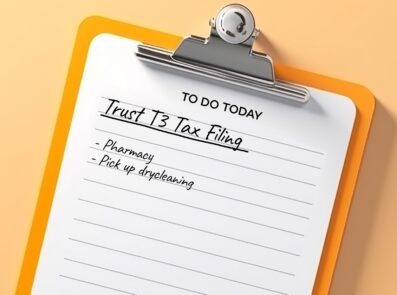Wendy Wong, CPA, CA, Tax Manager
If you are in the process of purchasing a new home from a builder, one of the most important decisions you will have to make is whether you (or a relation) will be living in the house or renting it to tenants. The reason this distinction is important is that it determines which HST rebate can be claimed: the New Housing Rebate (NHR) or the New Residential Rental Property Rebate (NRRPR).
Both rebates are equal in value, but Canada Revenue Agency (CRA) wants to ensure the correct one is assigned to the appropriate party. The NHR can be assigned to the builder if the buyer is purchasing the house to occupy it personally or for a relation. If the purchaser intends to rent the property, the NRRPR would be claimed by the buyer provided the house is leased for 12 months or more.
Let’s create a scenario where Randy decides to purchase a $350,000 home in Ontario from a builder. The price already includes HST ($43,251) and accounts for the NHR ($25,951) the builder will claim on behalf of the purchaser. This allows the builder to advertise the lowest price to Randy. The builder will have him sign a document that assigns the NHR to them.
Now, what if Randy were buying the house for the purpose of renting it to tenants? In that case, Randy would have to inform the builder of his intentions to lease the property. As a result, the builder would add the $25,951 NHR to the price and have Randy pay the full amount of HST on the purchase. Then Randy would file for the NRRPR with CRA.
What happens if Randy does not know the rules? The builder claims the NHR on Randy’s behalf and Randy immediately rents out the property after he has taken possession from the builder. The answer is not good for Randy.
For either rebate, Randy or the builder has two years to file the claim with CRA. However, the CRA has four years to check if the rebate was assigned correctly.
So, if CRA comes to Randy in three years and disallows the rebate because the wrong application was filed, Randy will have to repay the rebate, plus interest and penalties.
To make matters worse, because the two-year filing period has expired, he is no longer eligible to file for the NRRPR. Instead of receiving the rebate, Randy will be out of pocket the value, plus interest and penalties. It is a very expensive mistake for an avoidable outcome.
It can get even more complicated if Randy lives in the property for a short period of time and then decides to rent it. CRA may question if he lived there long enough for the property to be his primary place of residence to justify the rebate. Unfortunately, there is no guidance for a reasonable period of time the property should be occupied by the buyer. CRA will base their decision on a broad range of factors to determine Randy’s intended use of the property. It is very subjective and can be difficult to support with documentation, if it is available.
The rules associated with HST rebates on new homes are not complicated, but they are not well known or understood. Be sure to speak with your advisors before purchasing a property to ensure you are well-informed and do not make a costly mistake.







